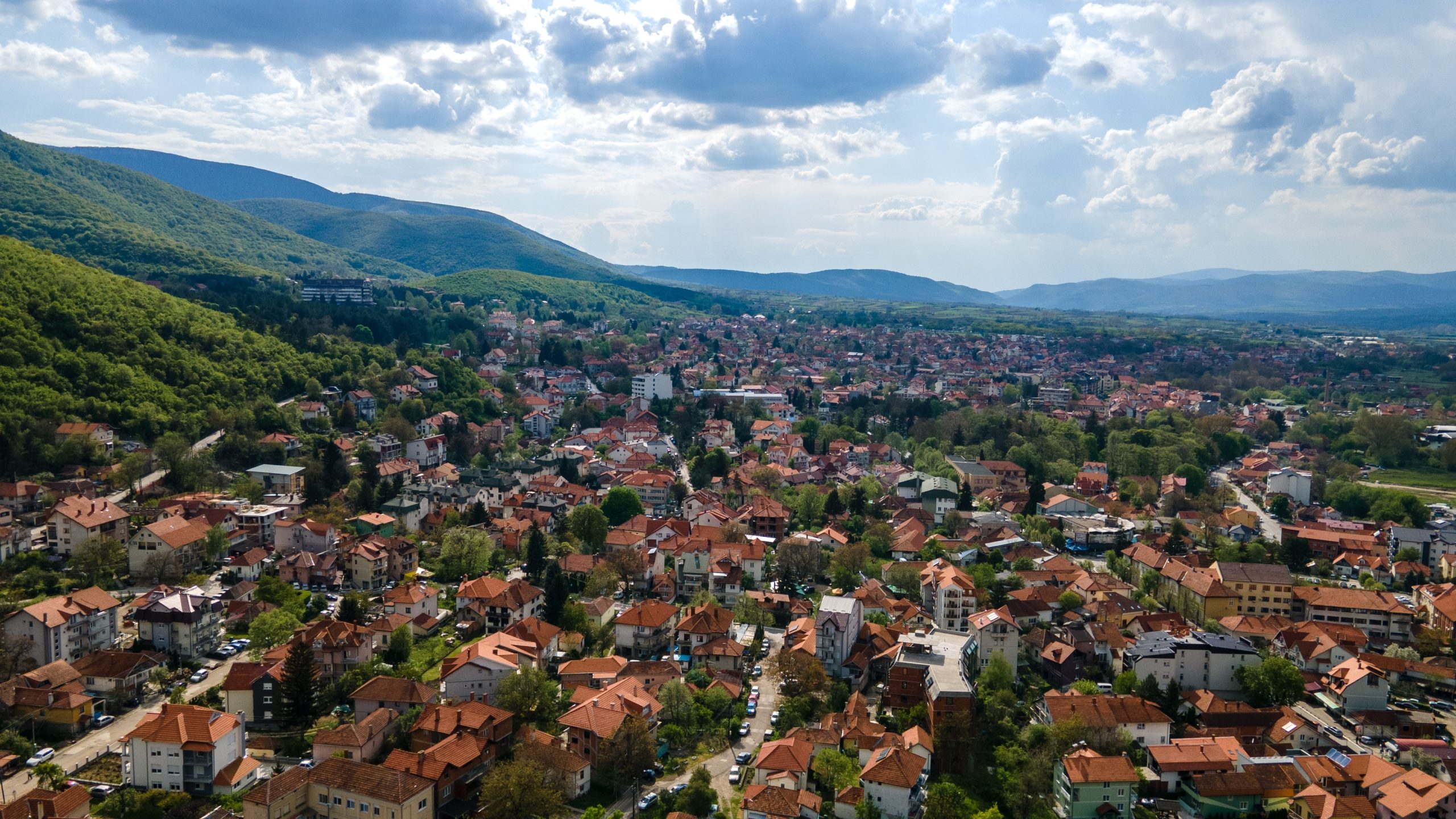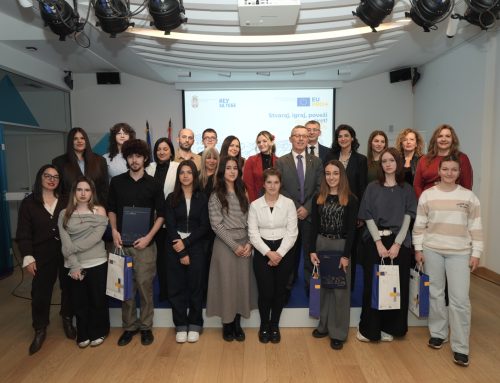Sokobanja is a renowned spa and rehabilitation centre, known for its mild climate, lack of air pollution, beautiful natural surroundings, mineral springs, and thermal waters. However, precious environmental resources require protection and development, particularly the rivers.
Today in Belgrade, representatives of the Serbian government and the EU Delegation in Serbia marked a pivotal milestone for the environmental protection of this popular tourist destination, by signing the works contracts for the ‘Construction of Wastewater Collection and Treatment Systems in the Municipality of Sokobanja’ project.
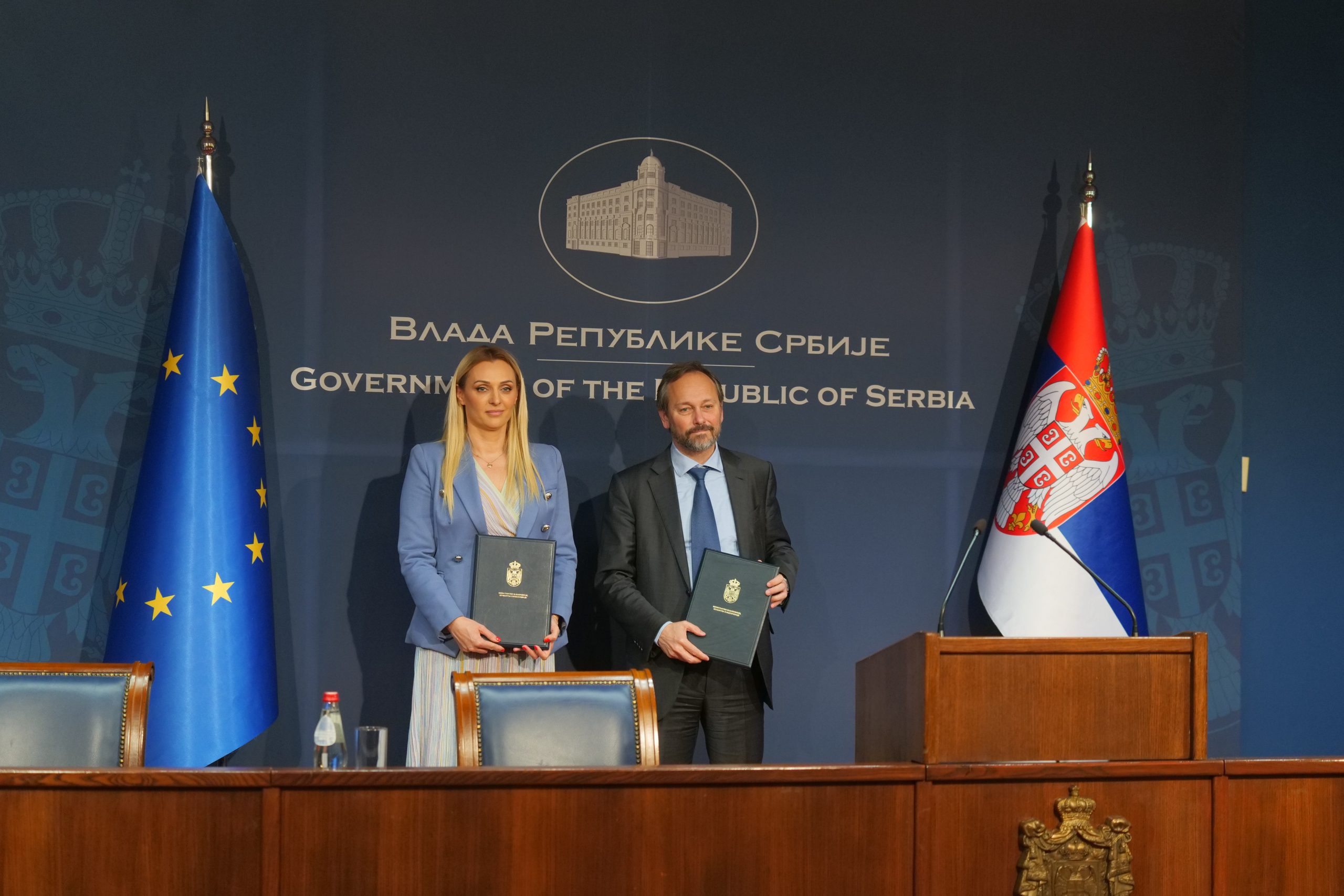
This initiative holds significance far beyond the local community, it’s important for Serbia, benefiting its citizens, bolstering tourism, and safeguarding vital environmental resources. The project’s impact lies in reducing wastewater emissions into the Gradašnica and Moravica rivers, as well as the downstream Bovan lake, which serves as a crucial water source for the Aleksinac municipality.
Ambassador of the EU to Serbia Emanuele Giaufret emphasised the benefits of the project for development and tourism sustainability, as well as the EU’s commitment to environmental protection.
“Tourism in Sokobanja is not merely an industry; it’s a way of life, a celebration of the natural beauty and cultural richness that this municipality has to offer. The Municipality is known for its rich natural curative thermo mineral springs. Pure mountain air and mild continental climate also contribute to its popularity. However, for tourism to thrive, it requires more than just picturesque landscapes and historic sites. It necessitates a commitment to environmental stewardship and infrastructure that ensures the well-being of both visitors and locals alike. This is where these wastewater projects come into play”, said Giaufret and added:
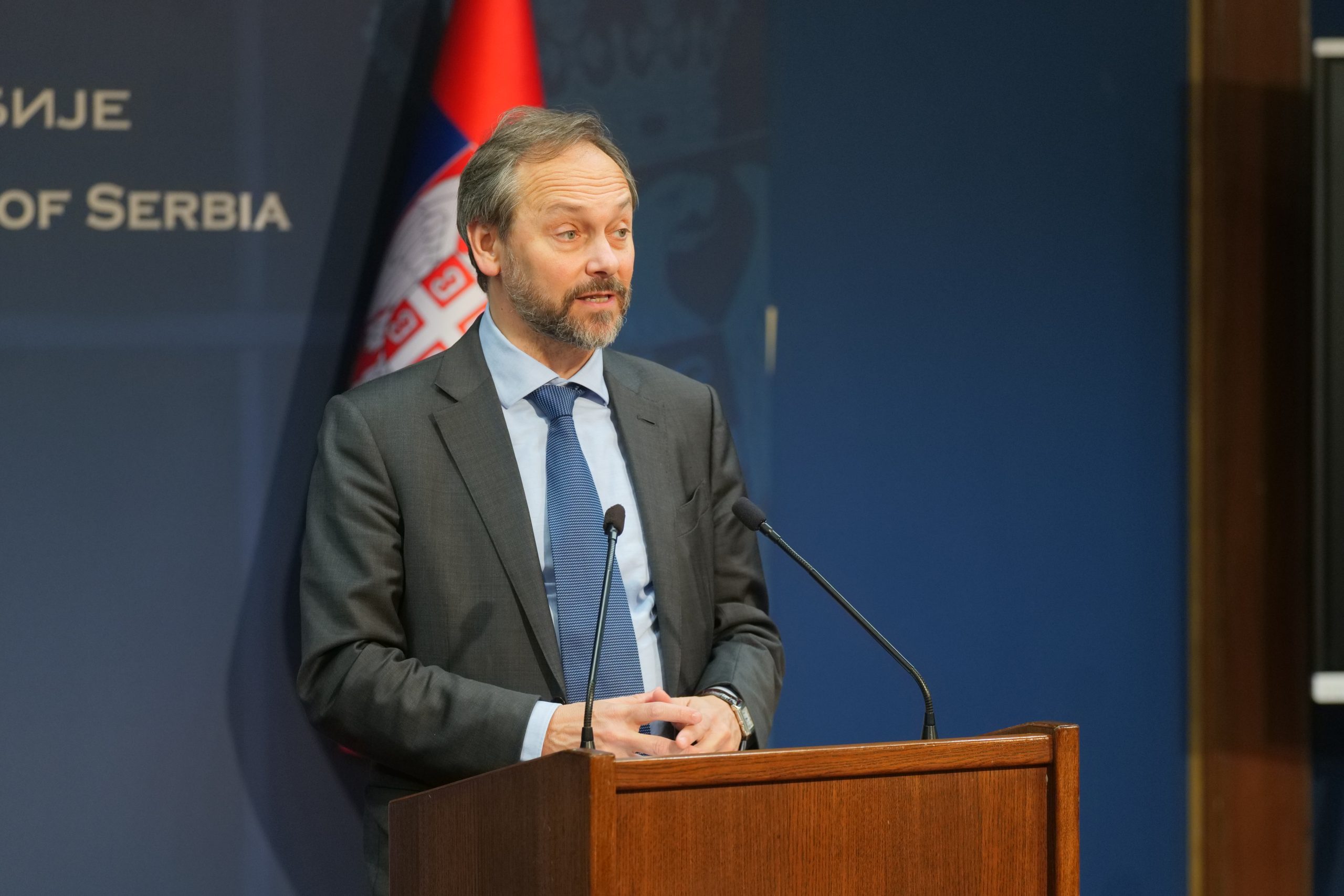
“The EU is committed to continue support Serbia to achieve its own goals with regard to environmental protection and health.”
Although further progress in Serbia requires significant efforts, as well as advancements in environmental protection and climate action to gradually align with EU-level standards, there is a growing number of ongoing and planned wastewater treatment projects, signalling a positive trend.
Minister of Agriculture, Forestry, and Water Management, Jelena Tanasković, highlighted the broader significance of the project:
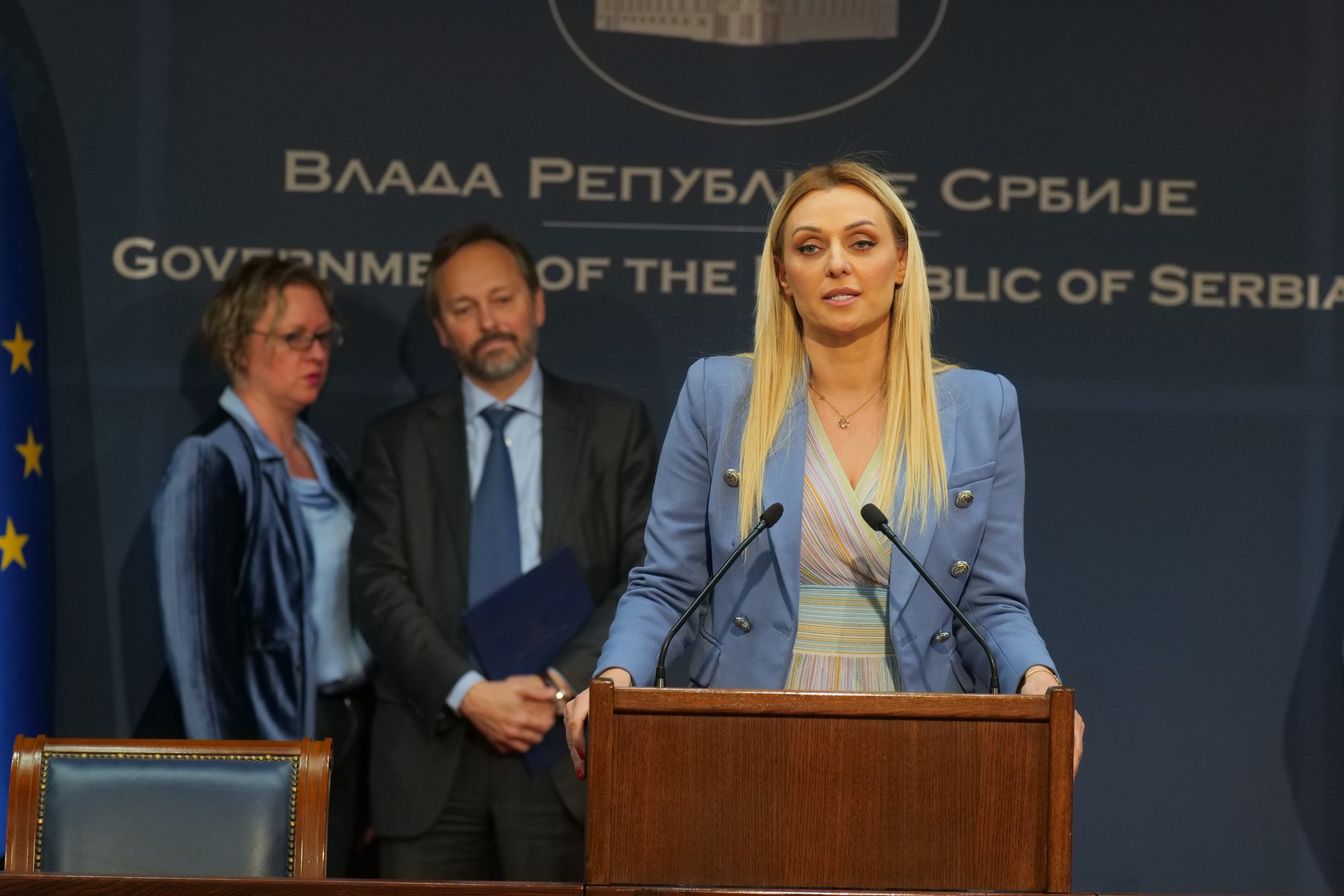
“This is an exceptionally important project of great significance, and it is one of the 32 wastewater treatment plants planned in 35 local self-governments as part of the Leap into the Future – Serbia 2027, through IPA 2020. It is significant because the local self-governments that have not had sewage infrastructure so far will now receive it – we will cover 80 percent,” she added:
“I would like to thank the Delegation for their quick response, especially for Sokobanja, which is a tourist destination,” said Tanasković.
The purpose of the project is to introduce adequate wastewater treatment in the municipality of Sokobanja and to upgrade and extend the communal wastewater collection system. The project covers design and construction of Waste Water Treatment Plant (WWTP) Sokobanja (22.000 PE – Population Equivalent) and construction and rehabilitation of collectors with pumping stations and construction of sewage network.
After the project completion, for which the EU contributed with € 6.3 million non-refundable investment, 100% of the Sokobanja agglomeration will be covered by public sanitary wastewater collection network. Sanitary wastewater collection network will be extended to settlements Mednik, Čair, Čuka 2 and Jabukar.
The European Union has invested over € 580 million in protecting the Serbian environment, directly benefiting its citizens. Among the significant outcomes of EU support (completed and on-going) in the wastewater sector are the construction of treatment plants in key locations such as Subotica, Šabac, Leskovac, Raška, Niš, Kraljevo, Brus, and Blace.
Read more:
Renewable Energy Sources for Cleaner Air in Sokobanja
Serbia Completes Modernisation of Water and Wastewater Network in Subotica

